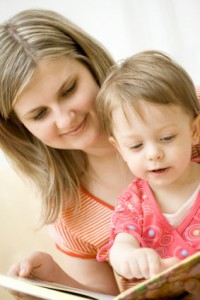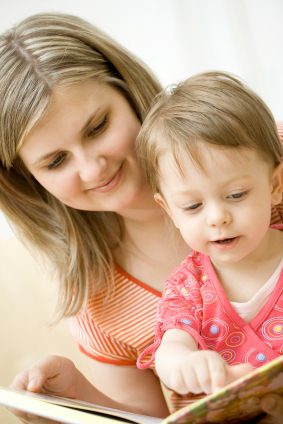Norovirus infection is one of the common ailments that affect both adults and children. Even though there is no specific medication to manage norovirus, the objective is to ensure that the child is given plenty of fluids to prevent dehydration until the immune system clears the infection.
Children with norovirus infection can be cared for at home. In some instances, hospitalization is required if the symptoms are severe or if complications develop.
Measures to manage a norovirus infection
Increased fluids to prevent dehydration
The child should be encouraged to drink more fluids to prevent dehydration. The fluids lost via vomiting and/or diarrhea should be replaced. The child can continue with a normal diet and usual beverages. Additionally, it is best to encourage the intake of more fluids.

Fluids to deal with dehydration
If a child is mildly dehydrated, you should provide rehydration drinks. Carefully read the instructions on how to prepare the beverage and amount to provide. This usually depends on the age and weight of the child. If the child is breastfed, this should continue during this period.
Normal diet
Dealing with dehydration is the main priority when managing a norovirus infection. Nevertheless, if the child is not dehydrated or has already been corrected, encourage the child to return to a normal diet.
- Breastfed infants should be breastfed if they will take it.
- Bottle-fed infants must be fed with their normal feeding if possible.
- Older children can be given some food every now and then. It is relatively fine if the child does not want to eat. Remember that fluids are vital and food can wait until his/her appetite returns.
Medications
Anti-secretory medications are specifically made to be utilized with rehydration treatment. This works by reducing the amount of water discharged into the intestines during an occurrence of diarrhea.
This can be used for children older than 3 months old. Nevertheless, ibuprofen or paracetamol can be given to lower down a fever or a headache.

